The topic of global environmental governance is central to my research, despite the fact that I am (for the most part) a comparativist and a specialist in North American environmental politics and policy. I have been teaching Global Environmental Politics at UBC for a few years now, and every semester, I try to shuffle topics around and improve my syllabus.
I am also committed (as much as humanly possible, of course) to an Open Access policy. Thus, I have not assigned a textbook in any of my courses, and only assign electronic journal readings, which are all accessible thanks to The University of British Columbia’s excellent subscriptions to databases. Luckily, many more of my colleagues are making their research accessible to the public.
One recent excellent publication that is now available online in its entirety is Global Environmental Governance: Perspectives on the Current Debate (2011, Editors: Lydia Swart and Estelle Perry, Center for UN Education Reform). As much of my research has focused on understanding the dynamics of cross-national environmental policy making, understanding the way in which the United Nations Environment Programme (UNEP) works and untangling the intricacies of global environmental politics at the supra-national scale are two areas that I try to keep myself up-to-date with.
There’s a broad spectrum of views on whether there should be a World Environment Organization (WEO), from the early work of Adil Najam to the most recent work of Frank Biermann et al. Maria Ivanova has done a superb job in offering a historical overview of the inner workings and structural strengths and deficiencies of the UNEP in her chapter in the edited volume by Swart and Perry. I am also fond of the work of Biermann, and his emphasis on the role of the nation state in the architecture of global environmental governance.
Kudos to my dear colleagues (I am friends with both Biermann and Ivanova) for being part of this effort to provide the general public with direct exposure to their analytical views on the ever-evolving architecture of global environmental governance. All the chapters contributed to this edited volume are worth a read. I will be using a couple in my Winter 2011 syllabus for Global Environmental Politics.
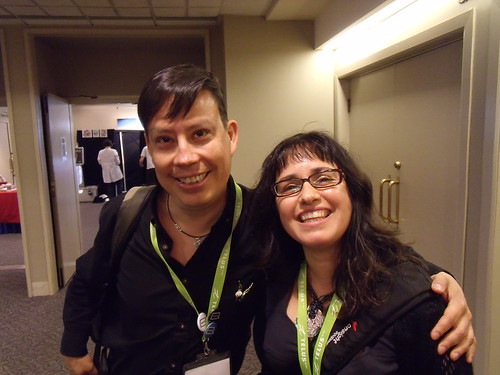
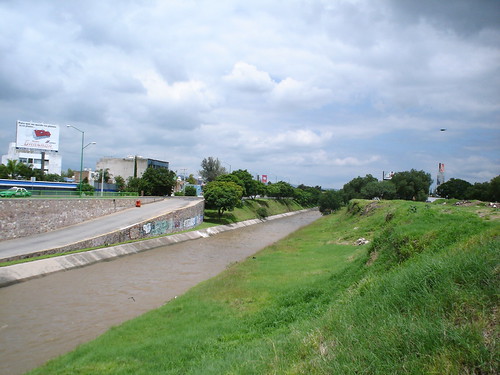
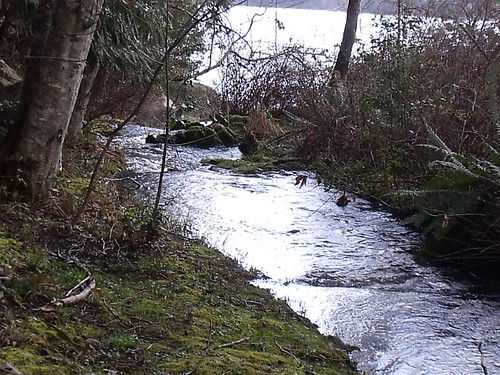
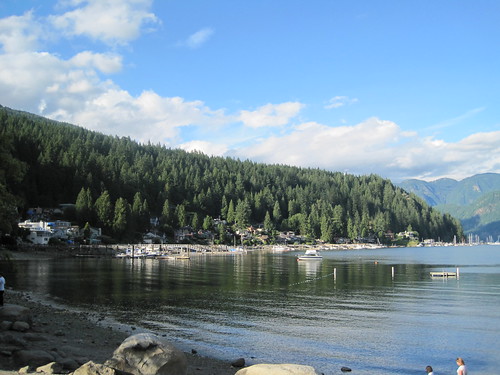
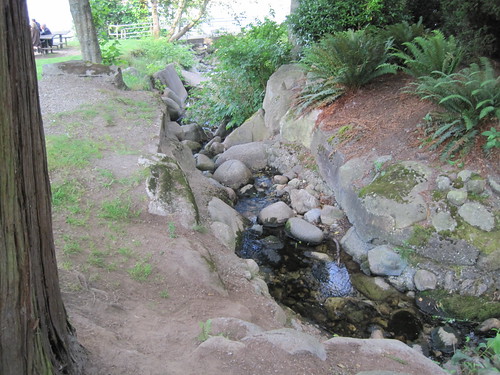
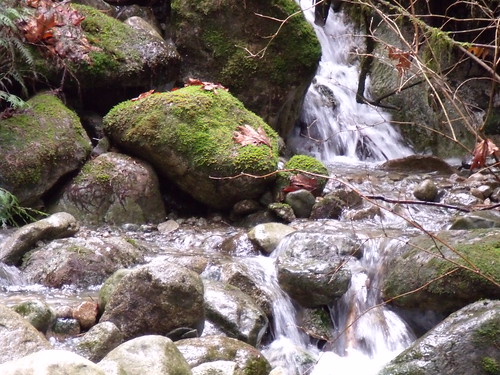
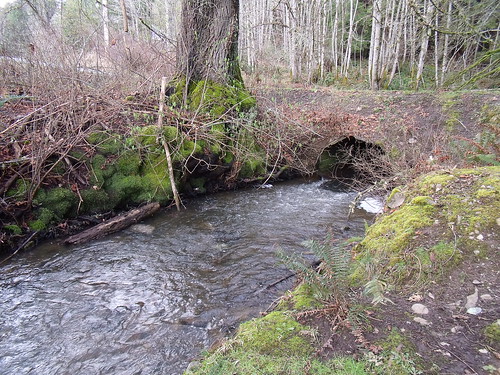
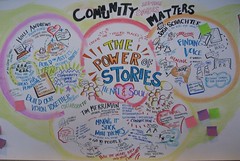

Recent Comments